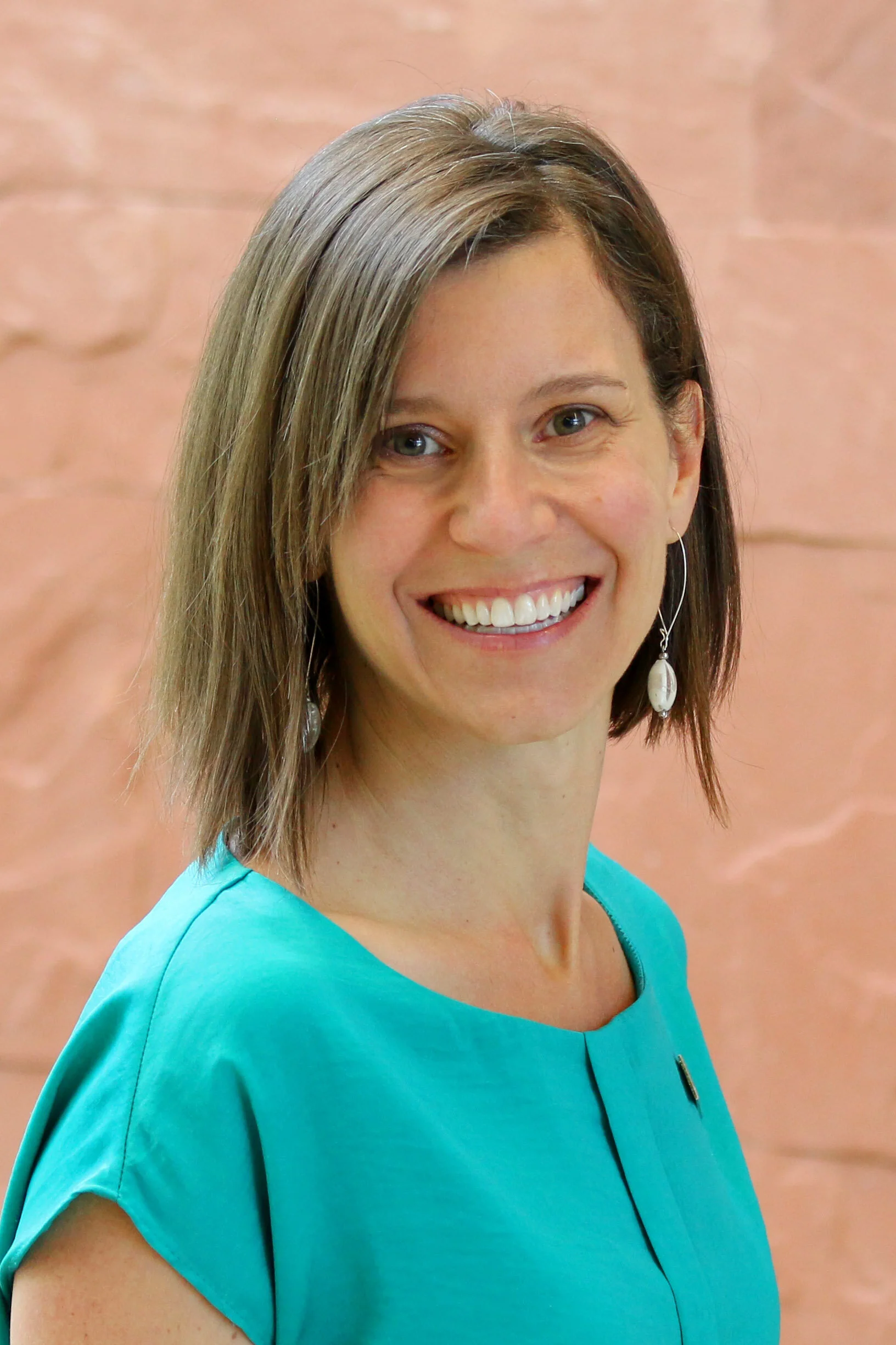History
CommunityWise was developed based on a belief that communities should be the center point for all social change. Communities create the framework of a culture, which is defined by beliefs and norms as well as by standards for talking, interacting and behaving. It is essential that any efforts towards education, prevention, or treatment and care are made within a cultural context. The members of communities contain the knowledge and experience to make efforts culturally-relevant and sustainable.
CommunityWise seeks to create social justice by building on the strengths and assets of communities and moving forward in an effective collaborative partnership. Although our primary focus is on poverty alleviation, we believe community engagement is integral for any efforts across all social sectors.
Let's create [change] together.
We would love to talk to you about the work you are doing to see if we can help.
connect ▸
johnnafandel@gmail.com
(720) 841-8375
Consultants
Founder
Johnna Fandel Flood, MPH
Johnna Flood founded Community Wise to help support non-profits, government agencies and collaboratives in their pursuit of larger-scale impact. For over 15 years, Johnna’s career has been focused on helping groups strategically conceptualize, deliver and evaluate programs using utilization-focused and developmental evaluation, Community-Based Participatory Research, Collective Impact and Human-Centered Design methodologies. At the beginning of her career, Johnna worked for OMNI Institute here in Denver, developing and evaluating early childhood and public health programs. During that time, she was on the team that validated the early childhood Quality Rating and Improvement System and assessed providers and students across Colorado. In 2010, she moved to the San Francisco Bay Area to pursue her Master’s in Public Health at the University of California, Berkeley and Community Wise was born. While at Berkeley, Johnna participated as a Leadership Fellow with the Center for Health Leadership and conducted a case study analysis on Collective Impact that was later published and honored with the Paper of the Year award in Public Health. While in the Bay Area, she also co-designed an innovative friend, family, neighbor child care service - the Gma Village - that connects local grandmas with low-income parents needing care. The Gma Village received the 2015 Sylvia Harris Citizen Design Award from Design Ignites Change and continues to serve low-income families and grandmas in the Bay Area. Johnna returned to Denver in 2016, consulting with nonprofits, government agencies and collaboratives nationally to define strategy, facilitate Collective Impact efforts, and develop systems of continuous learning and improvement.
Education
University of California, Berkeley, School of Public Health
MPH, 2013
Center for Health Leadership Fellow
Kaiser Community Health Scholar
University of Colorado, Boulder
B.A., Communication, 2001
B.A., English Literature, 2001
Magna Cum Laude
Activities & Affiliations
Gma Village, Founder and Advisor
Alameda County Quality Counts, Advisory Committee Member, 2015-16
OMNI Insitute Foundation, Board Chair, 2008-10
Women's Lighthouse Project, Board Member, 2009-10
Honors
Lawrence W. Green Paper of the Year, 2016
Sylvia Harris Citizen Design Award, 2015
OMNI Institute Service Award, 2010
Publications
Flood, J., Minkler, M., Hennessey-Lavery, S., Estrada, J. & Falbe, J. (2015). The Collective Impact Model and Its Potential for Health Promotion: Overview and Case Study of a Healthy Retail Initiative in San Francisco. Health Education & Behavior, 42(5), 654-668.*
*Winner: Lawrence W. Green Paper of the Year Award, 2016
Yen I., Flood J., Thompson, H., Anderson, L., Wong, G. (2014). How design of places promotes or inhibits mobility of older adults: realist synthesis of 20 years of research. Journal of Aging and Health, 26(8), 1340-72.
Shepherd, J.L., Fandel, J., Esposito, R., Pace, E., Banks, M., & Denious, J.E. (2012). Multidimensionality Matters: An Effective HIV, Hepatitis C, and Substance-Use Prevention Program for Minority Parolees. Journal of Offender Rehabilitation, 51, 199-221.

